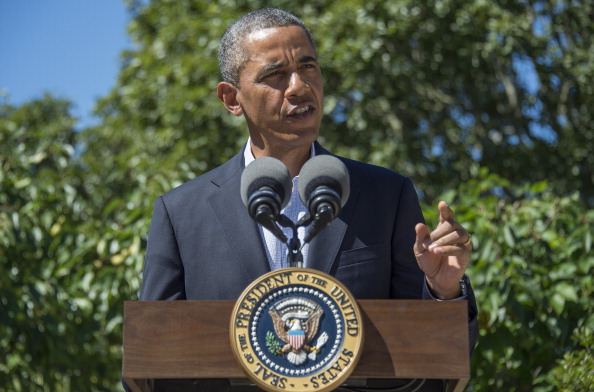
President Obama, it’s time to stop the export of small arms and light weapons to Egypt and to come clean with the American people what our military aid has been buying in Egypt.
Following weeks of brutal crackdowns on civilians in Egypt, the United States should halt exports of small arms, light weapons and tear gas and any other items that could be used to facilitate human rights violations. Any such items, including ammunition, used in these weapons and armored vehicles, must not be transferred until Egyptian authorities install adequate safeguards to prevent violations of international human rights law.
The United States must also promote accountability at home, by disclosing more information regarding sales of small arms, vehicles, and crowd control equipment to Egypt. Such sales are often of low dollar value, and seldom subject to public scrutiny. They come with high human costs, though. The American people deserve to know that their government is not condoning the arming of human rights violators.
What evidence we have is not reassuring. We know that:
- The U.S. reported exports of 1,524 military rifles and machine guns to Egypt between 2011 and June 2013. In 2011-12, the U.S. sent 2,050 pump-action shotguns in large batches. In July 2012, the U.S. delivered cartridges for rifles and pistols worth US $169,479.
- U.S. equipment and weaponry have been sighted in security forces’ actions against protesters. Boeing AH-64 Apache attack helicopters were used in surveillance of the Cairo camps, and armored Caterpillar D7R bulldozers helped break up the protests.
- Other crowd control items are part of the package. In 2011, the U.S. authorized sale of some 73,000 items to Egypt listed as “toxic agents,” a category which includes teargas.
The American people deserve to know that their government is not condoning the arming of human rights violators.
Many of the corpses observed by Amnesty International had gunshot wounds to the upper body, indication that the security forces made little effort to prevent deaths. While Amnesty International recognizes the Egyptian government’s responsibility for protecting public safety, the weight of the evidence in the Aug. 14 action indicates that the excessive force constituted a human rights violation.
Researchers also documented the use of violence by Morsi supporters and condemned the increasing tide of sectarian violence, but that does not justify the human rights abuses by the Egyptian forces.
In addition to suspending aid for arms sales used in human rights violations, Amnesty International calls on the United States government to review arrangements for training Egyptian military and:
- Guarantee that any training and other security assistance provided by U.S. state and corporate actors to the Egyptian army and security forces will include rigorous practical exercises and operating standards designed to ensure full respect for international human rights law, such as the U.N. Basic Principles on the Use of Force and Firearms for Law Enforcement Officials.
- Ensure technical assistance and training for an impartial screening mechanism to ensure that all trainees and trainers from Egypt on such courses are vetted to ensure they are not themselves implicated in serious human rights abuses.
- Support the establishment of effective, independent and impartial accountability and oversight mechanisms for all Egyptian military, security and police forces with capacity to monitor, document and publicly report alleged serious violations.
- Use its influence to pressure the Egyptian authorities to conduct an urgent and impartial investigation in all of these incidents, and to bring those responsible for the violence to justice.
The road to a new future for Egypt, one with a new political culture based on human rights and open to all Egyptians has been a rocky one. Egyptians still have hope they can complete the journey, but they need our support. When the U.S. aid abets the violations of human rights, it has to stop.

